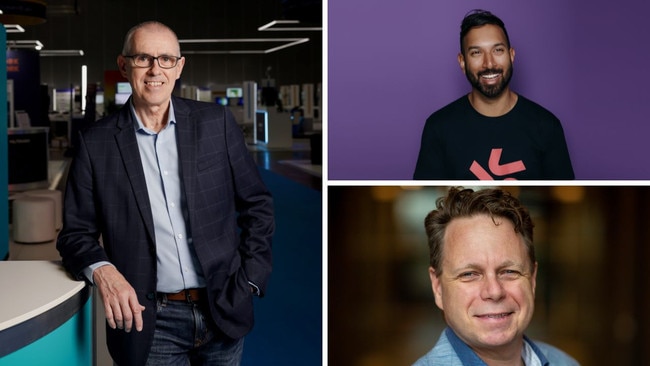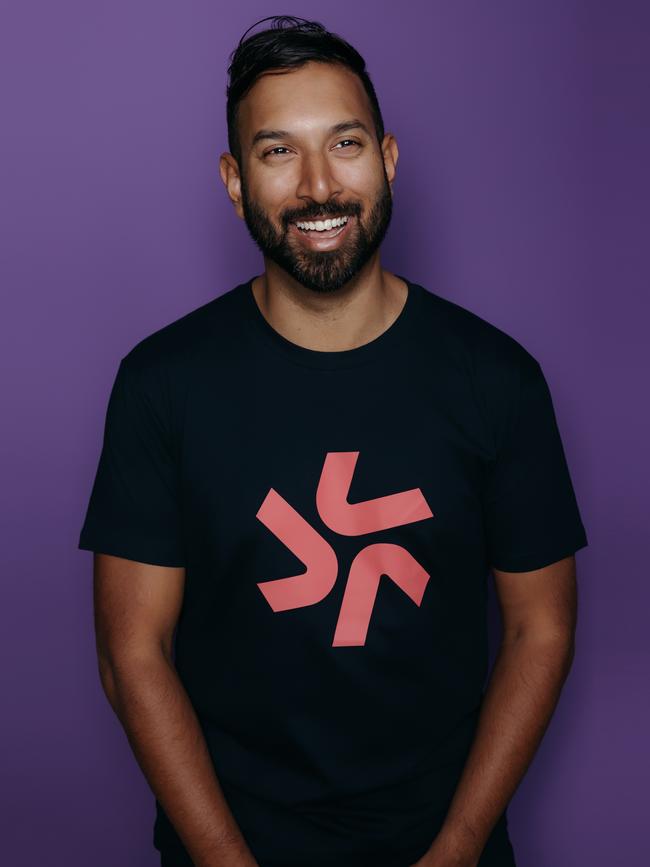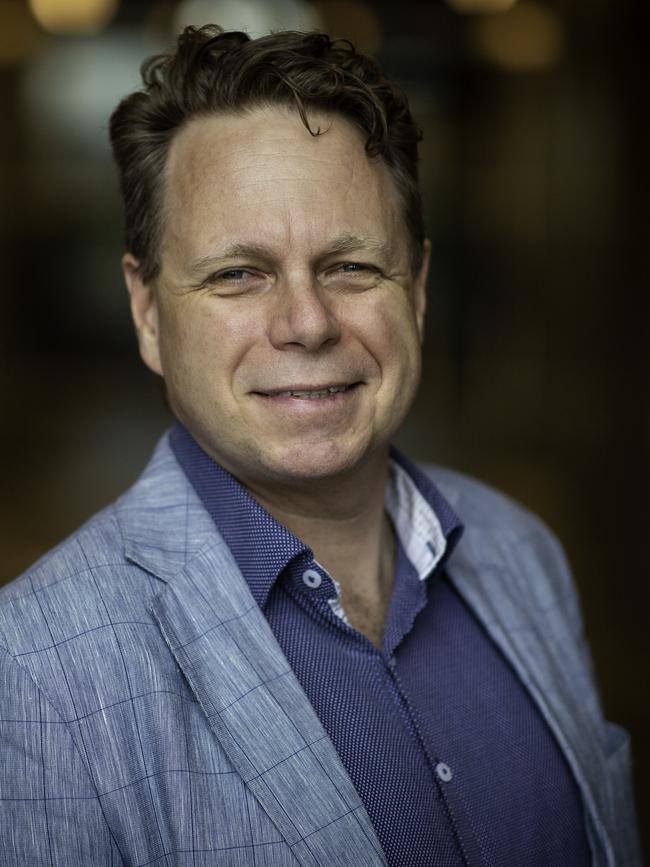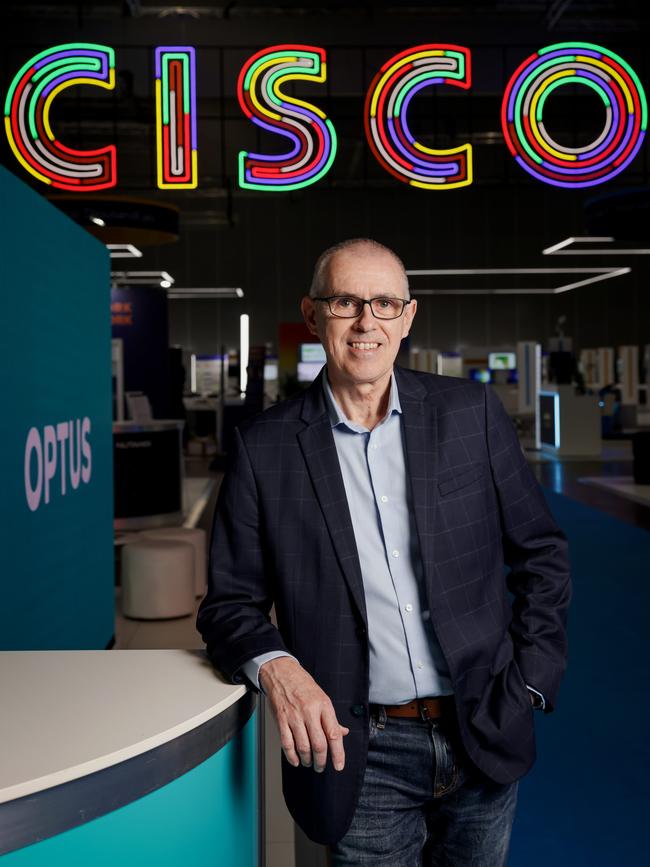AI chiefs: The executives taking charge of artificial intelligence at Deputy, ANZ, Cisco
This tech won’t forget who’s away, who can’t work nights and to give part-timers a minimum of 12 hours a week. Make your life as a manager a whole lot easier.

AI is far better than managers at writing rosters – and it won’t forget who’s away, who can’t work nights and to give part-timers a minimum of 12 hours a week.
The technology has for several months done just that for customers of Australian tech company Deputy, which provides rostering and employment advice for more than a quarter of a million businesses in over half the world’s countries.
The technology was proving particularly good in hospitality settings, especially busy cafes that had high turnover, said Deepesh Banerji, who oversees the product as chief product officer.
“One of the most crushing things for employee engagement is having to work when you’re busy or having to come into work when you didn’t know you had to,” he said.
AI Auto Scheduling is one of several products that Mr Banerji – as Deputy’s resident AI chief – helped to shape, including a tool that can write job descriptions based on the data Deputy has about a business.
The 41-year-old, who studied maths and engineering at the University of Waterloo in Canada, is one of dozens of executives across the country who have been tasked with managing one of the fastest-growing technologies in the world.

Sometimes it can be hard to explain, Mr Banerji simply says: “It’s all about intelligent machines that are making decisions, understanding information and recommending things.”
Mr Banerji said he tells friends the best way to understand the technology is to use it, and often recommends they try ChatGPT.
The technology had made several changes to the way the Deputy staff worked in recent years, with the company having developed its own large language model. “Our knowledge bases have the ability to ask questions on our internal internet,” he said.
As for his AI prediction for the year, Mr Banerji has a similar view to Seek AI chief Grant Wright – “AI agents helping in the workplace,” he said. Agents would not only schedule staff but make assessments of who might be the best at a particular role, choosing who might work the register and who might be better on the floor selling clothes.
At big four bank ANZ, chief technology officer Tim Hogarth, who studied business information systems and information technology at the University of South Australia, holds the reins on AI.
Prior to ANZ he worked as vice-president of innovation at TD bank in Canada and as head of application platform at CBA.

While most financial institutions have major technology teams, Mr Hogarth said it was important to remember “we’re a bank first”. He said: “When people write code it’s ‘if this, then that’ – it’s deterministic. But there’s a whole bunch of problems we can’t solve with ‘if this, then that’.
“The way I explain it is I have both Taylor Swift and AC/DC in my playlist. You can’t write rules to say ‘this chief technical officer used to work in Canada, then play these songs’. But Spotify uses patterns and they discover music I like and overlap that with what other people like and it finds patterns between them.”
When it came to banking, he said: “AI can essentially find trends and implement solutions faster than we can interpret them and write the code ourselves.”
And in 2024, the technology is now brought several times a day. “It has changed from being one of the technologies that was occasionally mentioned to every single conversation,” he said.
Mr Hogarth said he believed Australia had not yet seen the full innovation AI would bring. “We’re at the bottom of the S curve,” he said.
He wants Australia to be at the forefront of the revolution rather than “play catch-up”, and that could happen if Australia didn’t capitalise on the opportunity.
US multinational Cisco might have one of Australia’s most senior AI executives, with 28-year veteran Carl Solder leading the charge.

Mr Solder is chief technology officer of ANZ, a role he took up after briefly leaving Cisco after spending several years as vice-president of engineering, based in Silicon Valley in California.
“AI is software that intends to mimic human intelligence,” Mr Solder said.
“A traditional computer program follows a set of fixed instructions to perform an outcome that’s always the same. With AI, the outcome you’ll get is going to be a little bit more fluid.”
Last year Cisco conducted a global AI readiness that found just 5 per cent of Australian customers were ready to adopt AI.
That same report found 59 per cent of respondents believed they had just 12 months to adopt AI, which leaves him to the conclusion that companies would race to adopt the technology either through off-the-shelf products from the company or going out creating their own AI product.
Read more from this series: Hey dad, how does AI work?








To join the conversation, please log in. Don't have an account? Register
Join the conversation, you are commenting as Logout